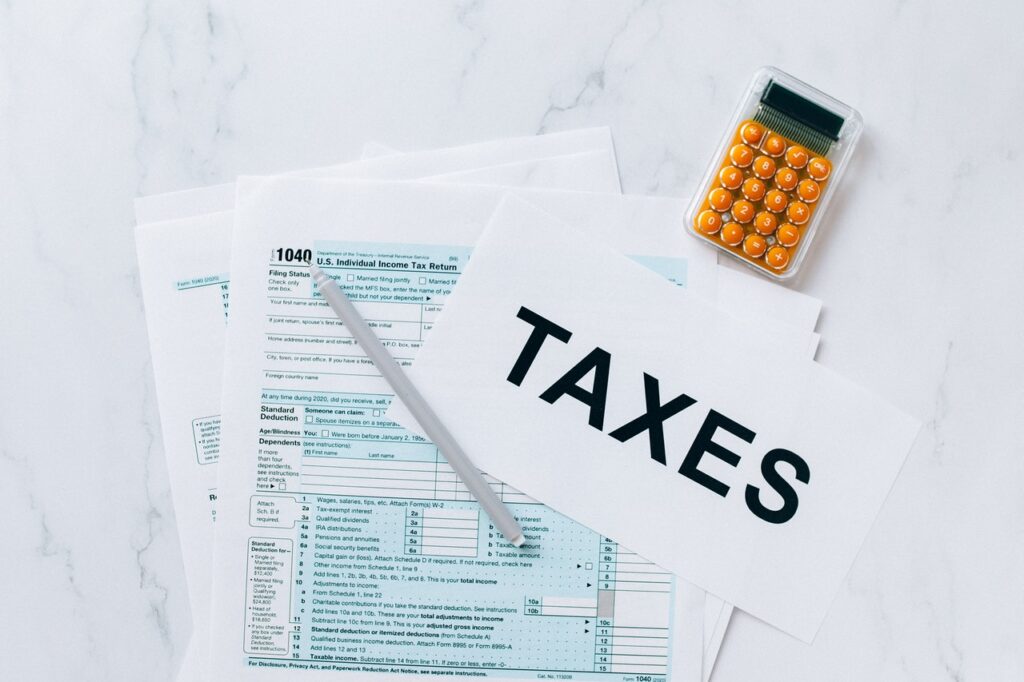Inheritance is a conversation topic that tends to bring out a little awkwardness in its interlocutors, leading to mixed feelings of guilt and greed, of grief and relief. As such, it’s a subject that requires a little sensitivity, but also a good dose of candour.
We’ll not mince our words any further. When such emotions are running high and conflicting feelings emerge, it can be hard to know precisely what to do with a large, inherited sum of money. Accordingly, this article will go into five common mistakes that people make when they inherit money in the hope that you can avoid making them.
NOT USING THE MONEY TO INVEST IN YOUR FUTURE
Sure, the temptation will be almost overwhelming to splash out on frivolous purchases the moment your inheritance has been received. ”It’s what she would have wanted’’ you mutter, as you buy another collectible vintage comic book for several thousand pounds.
Of course, you should spend your inheritance however you see fit, but since you’re here, we’re going to assume that you’re keen to use at least some of it responsibly.
Focus your eyes firmly on the future here, and consider investing a portion of your inheritance. Many financially smart folk choose to make a combination of one big investment into something like real estate with smaller investments into savings accounts, stocks and retirement funds. Sure, that rare copy of Marvel might be an investment too, but it’s a risky one.
Not using the money to invest in your future is one of the biggest mistakes people make when planning for their inheritance, and as such, it’s a wise move to consider investment management services to help with both the bigger picture and the minutiae of your decision making.
Read: A financial fine-tune for 2022
NOT CREATING AN INHERITANCE PLAN
An inheritance plan is something that you create for yourself after you’ve received a large amount of wealth, which essentially determines who will receive that wealth if something happens to you while you still have an active bank account. This can be a difficult thing to plan for, but it’s a vital step in the process.
As the experts at Wills Trust LPA, who offer a will writing service in Oldbury, tell us, you must note down important people within your will or inheritance plan so that there is a clear pathway outlined for who gets what and who organises it after death (yep, we said this thing was awkward to address). You will also have to name an executor, who will then be in charge of carrying out certain requests after you die.
The executor will have control of administering and sharing out your estate after you die.
Read: How to comprehensively plan your estate
BELIEVING IT WILL LAST FOREVER
As the American politician Henry Cabot Lodge once opined, ‘’Beware how you trifle with your marvelous inheritance’’. Admittedly, he was referring to the sovereignty of the United States, but we think his point could equally be applied to, you know, actual inheritance.
Perhaps the old English proverb that ‘’a fool and his money are soon parted’’ is equally as pertinent here. People who are inheriting large amounts of money sometimes make the mistake of believing that those zeros will last forever. Just because you’ve been the recipient of a large sum of money doesn’t mean that fiscally responsible behaviour shouldn’t apply.
On the flip side, if you behave in a financially competent, thrifty manner, you might see returns made on your money.
NOT PLANNING FOR TAXES
We’re sorry to keep reeling off the quotes, but as Benjamin Franklin once said, ‘’in this world nothing can be said to be certain, except death and taxes.’’
Which is rather appropriate considering the subject matter of this piece, don’t you think?
Taxes are another important thing to think about when you have been given large amounts of wealth from someone who has passed away. You don’t want to be blindsided by how much or little your inheritance is actually worth after taxes have been taken out, which is why it is important to have a plan in place involving taxes before your inheritance comes to you.
Taxes may differ depending on where the death occurred and where you live, as some countries have significantly higher inheritance tax rates than others. It is also possible for taxes to be different in the country where you inherited from the place where the person passed away. In the UK, for example, the standard inheritance tax rate is 40% above a £325’000 threshold on the value of the estate in question.

NOT SPENDING ENOUGH MONEY ON NECESSARY THINGS
We’re all too aware that, so far, we’ve been chastising a hypothetical inheritor for being too frivolous with their spending. But an equally common mistake is to be too cautious upon receiving a large sum of money. Simply letting such a sum sit there, accruing minimal interest or return on investment could be viewed as equally irresponsible fiscally in some quarters.
Upon receiving an inheritance, you should first clear all of your existing debts. Then, you should compare accounts by savings rates. Should you anticipate needing regular access to the money, an easy access savings account might be your best bet. If you’re seeking a guaranteed interest rate for a fixed period, then consider a fixed rate bond. Or, look into Cash ISAs, where any interest accrued is tax-free.
Generally speaking, it’s recommended that keeping a larger sum in one savings account will get you a higher overall return than if you were to split that lump sum into several smaller accounts.
If you want to achieve financial independence, then you should spend an appropriate amount, both on necessities and on investments. Suddenly, that rare comic book seems a plausible purchase once again!
THE BOTTOM LINE
By avoiding these common inheritance mistakes and potential pitfalls, and by behaving in a financially responsible way, you may enjoy greater financial security and freedom in the future.
*Anything written by IDEAL Magazine is not intended to constitute financial advice. Always consult with an independent financial advisor or expert before making an investment or any personal finance decisions.*





